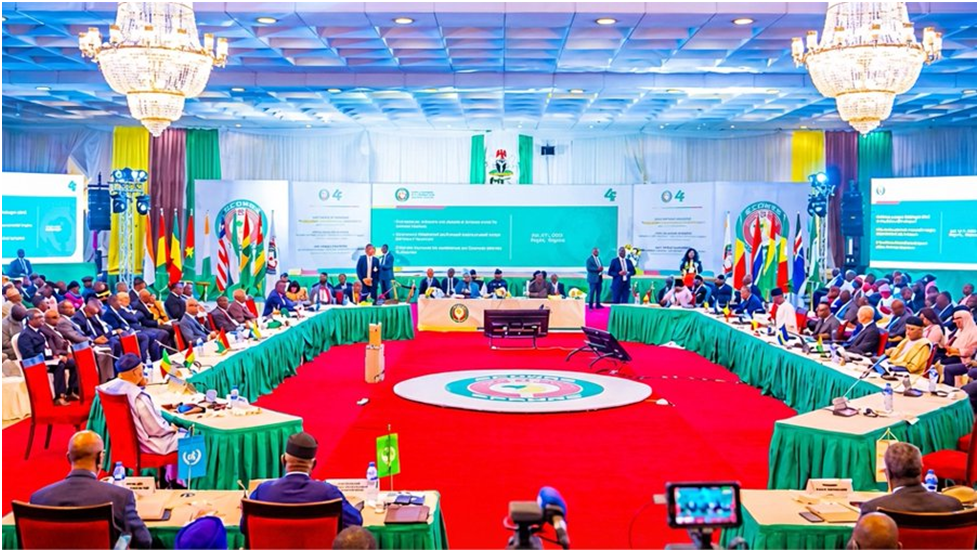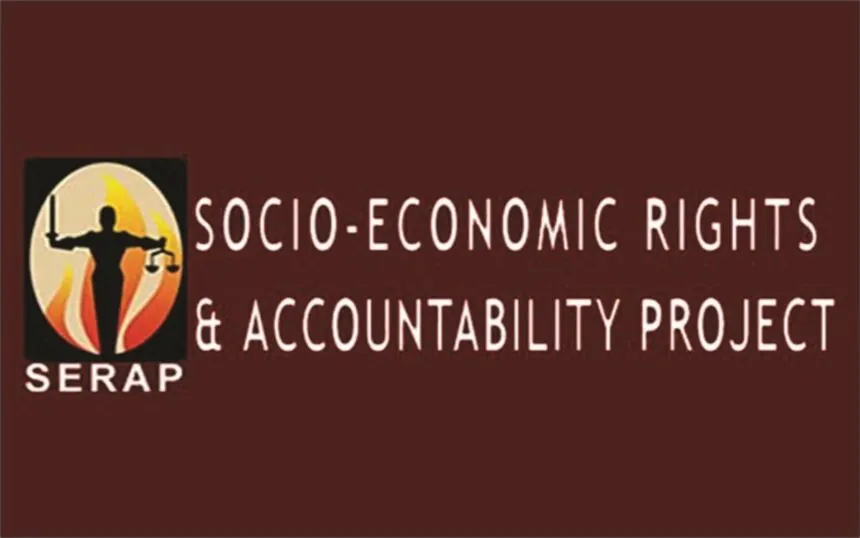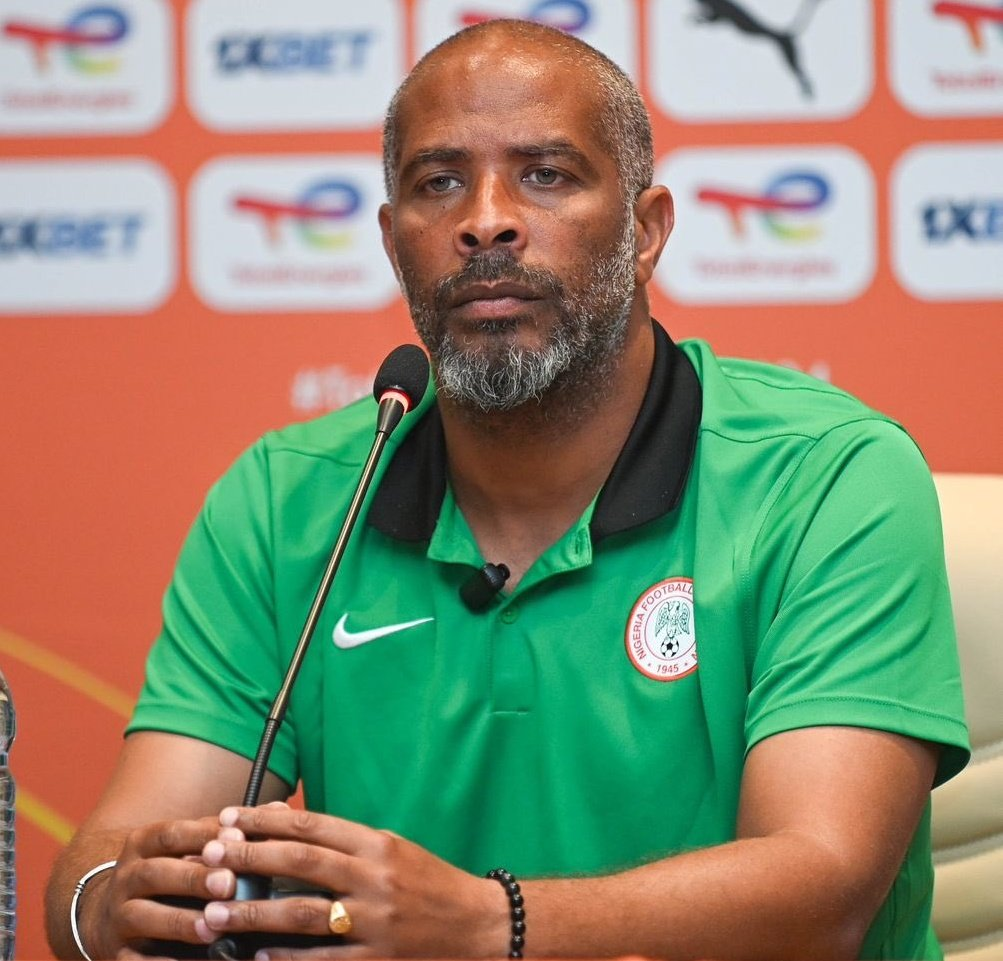The tragic death of a 26-year-old Indian employee at a leading accounting firm has sparked intense debate about workplace culture and employee welfare in corporate environments.
Anna Sebastian Perayil, a chartered accountant at Ernst & Young (EY), passed away in July, just four months after joining the firm. Her parents have claimed that “overwhelming work pressure” at her job negatively impacted her health, ultimately leading to her death.
In response, EY has denied these allegations, stating that Perayil was given tasks comparable to any other employee, and asserting that work-related stress was not a contributing factor to her death.
Her passing has resonated widely, fueling conversations about the “hustle culture” prevalent in many corporations and start-ups. This work ethic, which emphasizes productivity often at the expense of well-being, has divided opinions. Some argue that it drives innovation and growth, with employees choosing longer hours out of ambition. Others, however, contend that management pressure forces employees into burnout, negatively affecting their quality of life.
Perayil’s case gained widespread attention after her mother, Anita Augustine, wrote an open letter to EY, which went viral on social media. In the letter, she described the pressures her daughter faced at work, including working late nights and weekends, and called on the firm to reconsider its workplace culture and prioritize employee health.
“Anna’s experience highlights a work culture that glorifies overwork while overlooking the human beings behind the roles,” Augustine wrote. “The relentless demands and unrealistic expectations are unsustainable, and they cost us the life of a young woman with immense potential.”
The letter ignited widespread condemnation of EY’s alleged “toxic work culture,” with many sharing similar experiences on platforms like Twitter and LinkedIn. One user reported working 20-hour days at a top consultancy without overtime pay, while another called India’s work environment exploitative, with minimal accountability for overworked employees.
A former EY employee criticized the firm’s work culture, claiming employees were “mocked” for leaving on time and “shamed” for taking weekends off. He also alleged that interns were burdened with excessive workloads, faced unrealistic deadlines, and were humiliated during reviews, supposedly to build their “character for the future.”



























